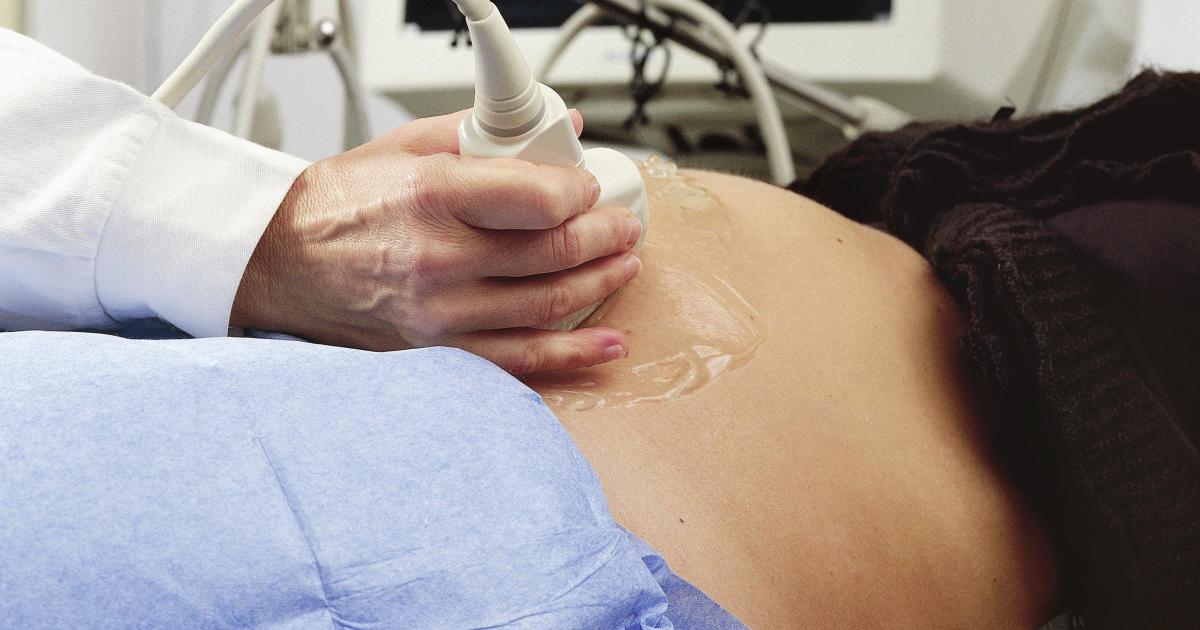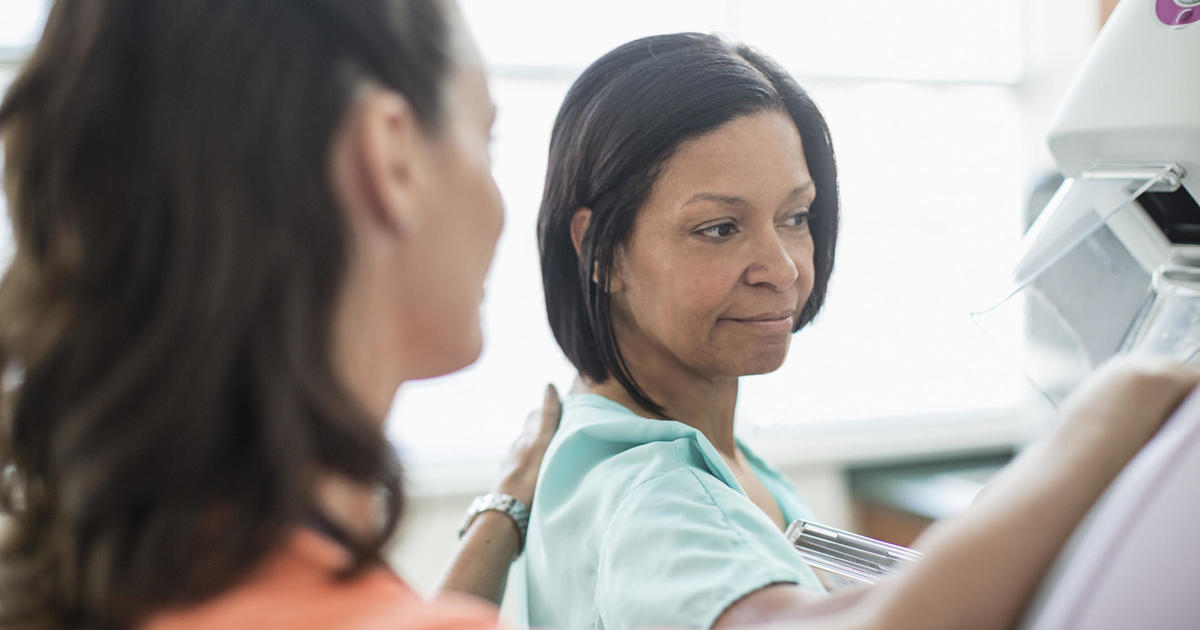Top health stories to watch for in 2019
Last year, we saw the rise of accute flaccid myelitis (AFM), a mysterious polio-like illness affecting dozens of children around the country, while the work of a Chinese scientist led to serious ethical questions about gene editing. Medical breakthroughs like health devices you can wear and 3D printing showed the increasing power of technology in healthcare.
Here's how those top health stories could continue on into 2019:
Accute flaccid myelitis
The Centers for Disease Control and Prevention has been tracking these mysterious cases since 2014 and assembled a task force in November to help define the cause of the condition. Dr. Tara Narula said it's "very scary for parents because it mostly affects children."
"The reality is, I want to keep it in perspective: it is very rare," Narula said on "CBS This Morning." "So we're talking about one or two children out of a million that will be affected per year. Since 2014, about 491 cases. We think it may be caused by a virus. We don't know which one."
The virus affects motor neurons on the spinal cord, Narula explained.
"It may cause an inflammatory reaction. Certain kids may be genetically susceptible. And what happens is, the child may start out with a mild respiratory-like infection, and then it progresses to weakness in the arms or legs, trouble with vision, swallowing, or speaking," she said.
Children recover in certain instances, but others have "progressive or worsening paralysis that remains for a long time, or even respiratory failure."
3D printing of human organs
Beyond toys, gadgets, clothing, or even food, researchers are looking to 3D printing for human organs.
"It's really going to help with the organ donor issue. We know that 100,000 people are waiting for organs every year, and there's only 16,000 donors, so the idea is that this could be a wonderful thing for that," Narula said.
"For example, we would take an MRI of your heart. Create a scaffold structure of exactly of what your heart… looks like. And then the ink would be a mixture of cells and biodegradable materials, essentially printed with that scaffolding. That scaffolding then degrades over time and you're left with a 3D heart," Narula said. "And so the idea is that this is really perfectly suited for your body because [it] came from imaging of you, and it will prevent rejection because it's made from your own cells, the ink is. And so we think we're about five to 10 years away from having this implanted in people, and we think a bladder may be the first organ that we're able to do."
Narula pointed out 3D printing is already used for implanting parts for hip replacements or artificial stents.
Use of CRISPR gene-editing technology
When Chinese scientist He Jiankui claimed to have created the world's first genetically-edited babies in November, "a lot of people in the science community were outraged," Narula said.
"Right now, we're using it mostly in cells and animal models to explore treating diseases that can be devastating. Things like cystic fibrosis, Tay-Sachs, Huntington's, sickle cells. It has a lot of promise in the future for things like heart disease and mental health and cancer even," Narula said. "But the problem with what happened this last month is that it was used to alter embryos. And when you're doing that – and the technology is still premature – you're risking creating other mutations in the embryos. Those children could go on to have susceptibilities to other problems down the road, other infections, and now you're altering the genetic code for every child that that child has. So it really needs to be done when the technology is ready. And right now, the scientific community is saying we're not there yet."
"I think what the controversy has done is really raise a lot of red flags, and a lot of people are going to be on guard and watching to put up better guidelines about how we use CRISPR going forward," Narula added.



